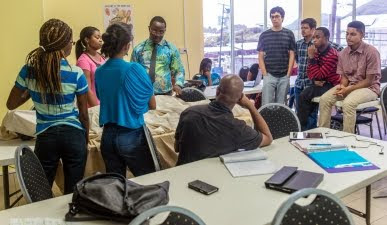If we do a survey on what’s the most frequently asked question from teenagers all around the world, it will be about their career plans. When the high school is about to end, suddenly everyone seems to be interested in what you’re going to do next. But really! What exactly do you plan to do? And don’t think you have plenty of time to decide. It may sound absurd but the earlier you choose, the better it is.
In case, you ever thought about studying medicine, here are a few reasons why you definitely should.
1. Help people
I want, to begin with, the only reason that drives the people in the healthcare profession. It is a tough job, and no one will be able to do it if it was just about making money or having a good ‘life.’ You should study medicine to serve the society, to save the people who are in need from deadly diseases and to maintain a healthy world. It can’t be done by one person, but the contribution a single individual can make to the field of medicine is enormous. You need to be passionate enough about it.
2. Have a sense of satisfaction while doing your job
When you save lives of people, you get an innate satisfaction of being a good person doing his best to serve the society. You’re kind to people even when you’re just doing your job. That’s the beauty of being in the healthcare profession. You serve the society and do good to people by just doing your job. How many other professions let you do that?
3. Have a good life
Let’s talk about money. No matter how pure you’re from your heart and how careless you’re about money, you’ll need it to survive. Medicine is a profession that assures you get paid well to have a good life. It’s not something a business man would earn, but you will earn enough to have a good life if you study medicine. Of course, it also differs with your position. A doctor apparently makes more money than a nurse, but that depends on your capabilities. You can always earn enough to make ends meet.
4. Stay driven by passion
Ask the old ‘well-settled’ people. A lot of them began working on their passions and in the end, it just went away. They’re just doing their job now. There’s no passion and no unmatchably amazing feeling of doing what you love. But it’s truly not so with the people in the healthcare profession. There are so many events you will face in your day-to-day career that will reignite the passion which may get faded over a period. For more information click here Caribbean medical school.
When you study medicine, you put yourself on an entirely different, spiritually fulfilling and professionally sound path. Go on and do it. Just be prepared for the tough and thrilling life ahead. Get more information about studying medicine at AUSOM.










